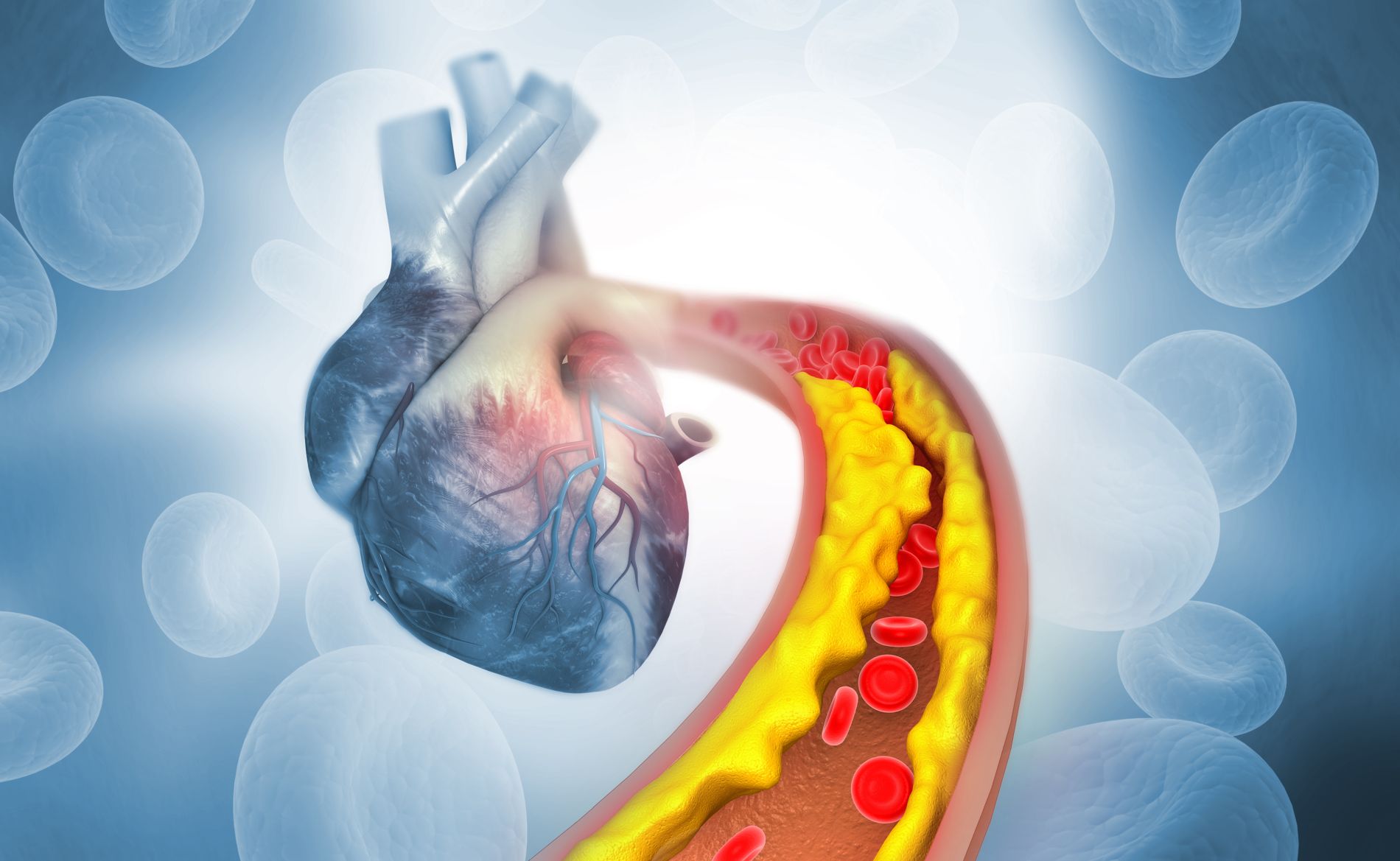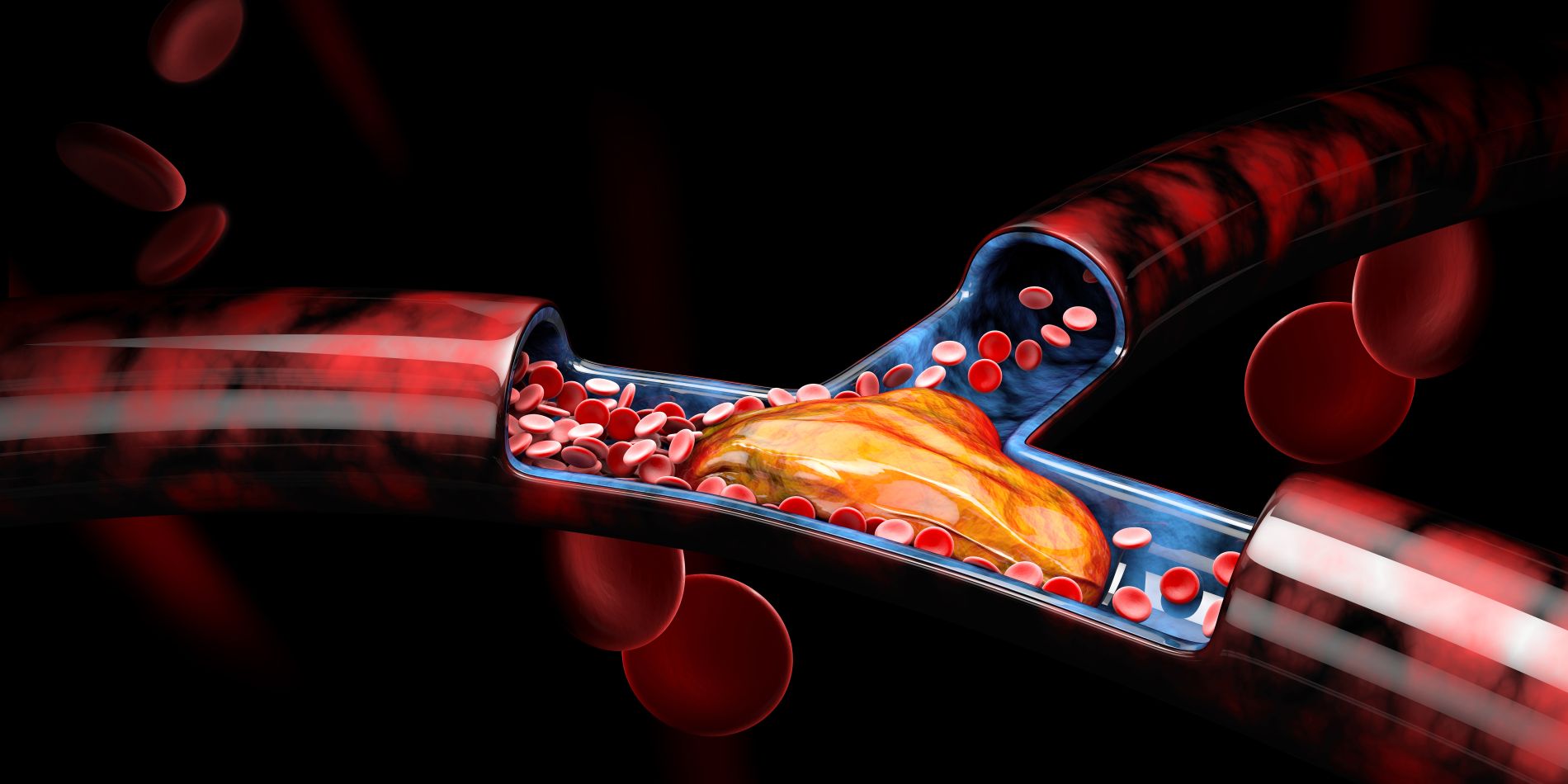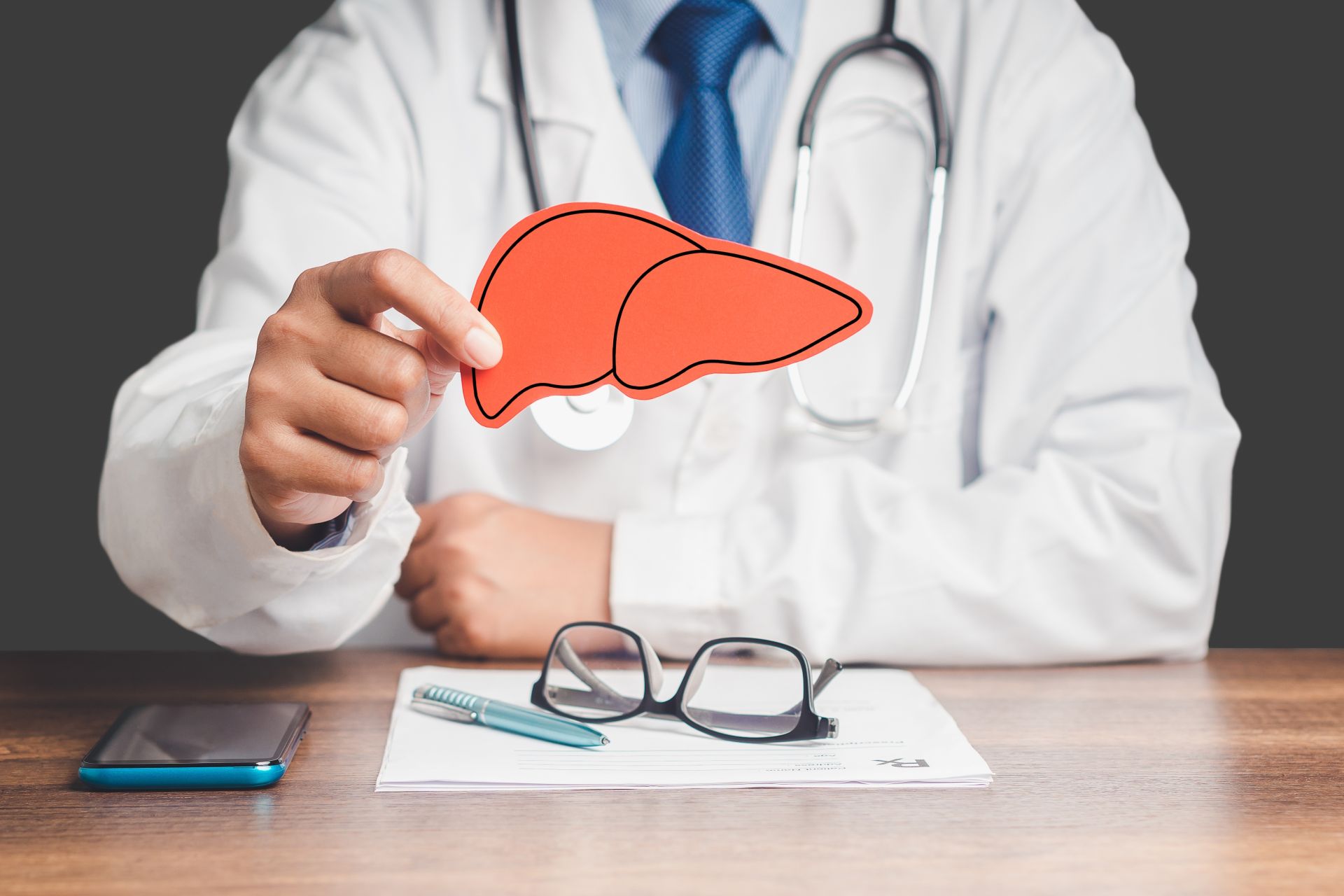Nattokinase - a natural enzyme for cardiovascular health

Cardiovascular disease is the most common cause of death. Can it be prevented? Often yes, since many of these deadly diseases are civilization-based - the result of modern, comfortable lifestyles and a lot of neglect. With statistics steadily worsening, it's no wonder that interest in prevention is also growing stronger. For healthy circulation, it is worthwhile to move regularly, eat healthily, but also some dietary supplements are useful. Nattokinase is one of those supplements that is exceptionally conducive to cardiovascular issues. Perhaps it is the reason Japanese people live so long?
- What is nattokinase?
- Health properties of nattokinase
- Nattokinase in supplementation
- Does nattokinase have side effects?
- Summary
What is nattokinase?
Nattokinase is a natural enzyme (serine protease) found in a Japanese dish called natto. Natto is a distinctive dish prepared from fermented soybeans. In Japanese culture, natto has been known for thousands of years. The enzyme nattokinase is produced during fermentation of soybeans by bacteria of the genus Bacillus subtilis. Natto, due in part to the presence of nattokinase and vitamin K2 in it, is considered an extremely cardiovascular-friendly food. Japanese people generally enjoy good health and long life, and many believe that the presence of natto in the menu contributes strongly to this.
Interest in nattokinase arose in 1980 when Hiroyuki Sumi, a Japanese researcher at Chicago University Medical School, discovered that natto could dissolve artificial fibrin. Sumi and his team extracted the enzyme that breaks down fibrin from natto and named it nattokinase. Since then, the properties of nattokinase have been (and continue to be) intensively studied especially by Japanese, Chinese and Korean scientists. The totality of reports points to many benefits for cardiovascular health, thanks to its anticoagulant effects.
Health properties of nattokinase
The action of nattokinase is precise. It is expected to have very specific effects. It is supposed to reduce blood clotting when there is a risk of clots and embolism. It is valued as part of the prevention of cardiovascular disease.
According to reports by researchers, nattokinase:
- can break down blood clots by directly hydrolyzing the substrate fibrin and plasmin;
- converts endogenous prourokinase to urokinase (uPA);
- degrades PAI-1 (plasminogen activator inhibitor-1);
- increases tissue plasminogen activator (t-PA), which promotes fibrinolytic activity.
A major advantage is that nattokinase has very good efficacy when administered orally. It is not completely digested in the gastrointestinal tract like many other protein and peptide structures, although it can be "cut" into smaller peptide structures that are still fibrinolytically active, can affect blood pressure regulation, etc. On top of this, nattokinase and its components are efficiently absorbed from the intestine into the bloodstream, where they can actively work.
The action of nattokinase is very fast. It has been noted that even a single dose of nattokinase causes fibrinolysis. In one study, 12 healthy young men were given a dose of nattokinase (2000 FU). Blood antithrombin levels significantly increased as early as 2 hours after taking the supplement capsule. FDP fragments and d-dimers were observed four and six hours after taking nattokinase, respectively, and factor VIII activity decreased after 4 hours.
The practical properties of nattokinase demonstrated in the study include actions:
- fibrinolytic,
- antihypertensive,
- anti-atherosclerotic,
- lipid-lowering,
- antiplatelet,
- neuroprotective.

Nattokinase in supplementation
Nattokinase supplements usually have 100 mg of the raw material per serving (1 capsule), equivalent to 2,000 FU (fibrinolytic units). Standard protocols include the use of 1 or 2 capsules per day, as needed. In some cases, where there are indications, the dosage of nattokinase may be higher
It is worth noting that with nattokinase works synergistically monacolin K. This substance is found in fermented red rice. The simultaneous use of red rice extract standardized for monacolin K and nattokinase gives a much better effect on lipidogram, as proven in studies.
Together with nattokinase, the following are very commonly used:
- serrapeptase,
- vitamin K2,
- acetylsalicylic acid (Aspirin) in low doses.
Does nattokinase have side effects?
Generally, it is very safe, but you should be on guard if you have any problems with low blood clotting, hemorrhages, etc. Especially when anticoagulants are taken, nattokinase should be consulted with a doctor. In general, nattokinase supplementation is well tolerated and has no serious or frequent side effects. If any occur, they are nonspecific, such as headache or nausea.
Summary
Nattokinase is not one of those one-size-fits-all supplements that can be taken "for everything." It is a precise tool with a narrow range of action, but high effectiveness. It is of particular interest to people with an increased risk of cardiovascular disease, those with already established problems, and seniors, who are statistically more likely to need the action that nattokinase offers. Reviews of its effectiveness are very favorable.
Sources:
-
Weng Y, Yao J, Sparks S, Wang KY. Nattokinase: An Oral Antithrombotic Agent for the Prevention of Cardiovascular Disease. Int J Mol Sci. 2017 Feb 28;18(3):523. doi: 10.3390/ijms18030523. PMID: 28264497; PMCID: PMC5372539.
-
Chen H, McGowan EM, Ren N, Lal S, Nassif N, Shad-Kaneez F, Qu X, Lin Y. Nattokinase: A Promising Alternative in Prevention and Treatment of Cardiovascular Diseases. Biomark Insights. 2018 Jul 5;13:1177271918785130. doi: 10.1177/1177271918785130. PMID: 30013308; PMCID: PMC6043915.
-
Yang NC, Chou CW, Chen CY, Hwang KL, Yang YC. Combined nattokinase with red yeast rice but not nattokinase alone has potent effects on blood lipids in human subjects with hyperlipidemia. Asia Pac J Clin Nutr. 2009;18(3):310-7. PMID: 19786378.
 ⮜ Previous article
⮜ Previous article
Tyrosine and diet - what are the relationships?
 Next article ⮞
Next article ⮞